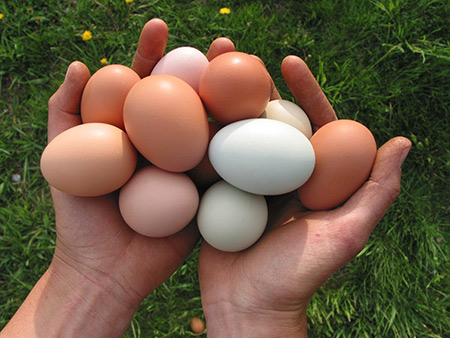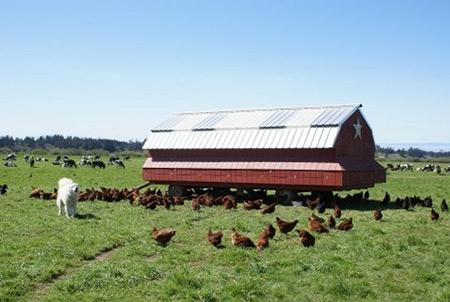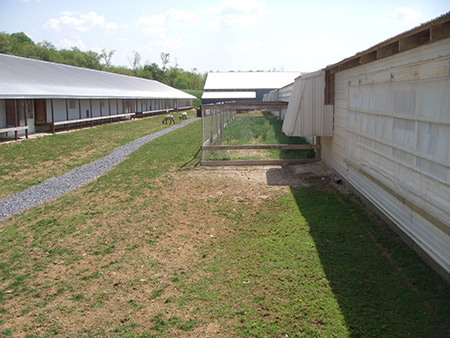 In my opinion eggs are one of nature's perfect foods! They are a simple food, well liked by most people and yet grossly overlooked as a "health" food because of the bad reputation they have obtained for being high in cholesterol. Want to know the truth? Well, the truth is that this "high cholesterol" business is hogwash! The coolest thing about eggs is that they contain all known nutrients, except for vitamin C! What other food can say that?!?! They are good sources of fat-soluable vitamins A and D as well as certain carotenoids that guard against free-radical damage to the body. They also contain lutein, which has been shown to prevent age-related macular degeneration.
In my opinion eggs are one of nature's perfect foods! They are a simple food, well liked by most people and yet grossly overlooked as a "health" food because of the bad reputation they have obtained for being high in cholesterol. Want to know the truth? Well, the truth is that this "high cholesterol" business is hogwash! The coolest thing about eggs is that they contain all known nutrients, except for vitamin C! What other food can say that?!?! They are good sources of fat-soluable vitamins A and D as well as certain carotenoids that guard against free-radical damage to the body. They also contain lutein, which has been shown to prevent age-related macular degeneration.
So... you may be asking yourself, how did they get such a bad reputation? Good question! The answer is, it's all in where your eggs come from! From time to time you will hear me get on my "soap box" and tell you that you should absolutely know where all your food comes from... and this is one of those times. Just as with many other foods, all eggs are not created equally! There is significant research that shows eggs from chickens that roam in pastures, notice I did not say chickens that have "access" to pastures, but ones that are actually raised outside have a vastly different nutritional profile. If you test an egg from a carton off the shelf of Walmart and an egg from a local farmer who raises chickens outside, one of the most significant differences you will find is the omega-3 content of the egg. The pasture raised chicken has a much higher omega-3 fatty acid content, as well having a much lower total fat, saturated fat, cholesterol, and omega-6 content! And what do we know about omega-3's? They play a huge role in heart health and can reduce the risk of heart disease and cancer! So... now you may be thinking that the next time you go to buy a carton of eggs you will just look for the label that says "free-range" or better yet "organic" because they will be better right? Wrong... unfortunately big companies have been extremely deceiving about the use of the words placed on egg cartons. I am just learning some of this information myself and am astounded at what I am learning about some companies who market their eggs as "organic" because technically they are fed an organic diet but are by no means pasture raised. This is the type of farm you want your eggs to come from...
 |
| This is good! Ample access to the outdoors while still having a henhouse for nesting. |
 |
| This is bad! There are approximately 16,000 "organic" hens in this henhouse. This company markets them as free range and organic because they have "access" to the outdoors and are fed an organic diet. |
 |
| Here is a sample view of the inside of the henhouse. Does it look like these hens have access to the outdoors? So... you do the math? Which eggs from these 2 henhouses do you think will be more nutrient dense? Not only do the hens in the overcrowded henhouse not have the ability to diversify their diet outside, but have you thought about where all their poop goes? Ummmm.... yuck! Going back to my food philosophy; you are what you eat, and there is no possible way a hen raised in this environment could produce nutrient dense eggs. And thus the mystery is solved as to why eggs got such a bad reputation! If you are wondering about specific brands of eggs and their farming practices here is fairly comprehensive report. Organic-Egg Scorecard So... where do you go from here? My advice would be to find a local farmer who raises chickens, or go to your local farmers market or health food store and inquire about the farming practices of the places they receive their eggs. This is one situation where I would say buying local, even if it's not organic, is far better than buying from a major organic brand off the shelf of a grocery store. |
No comments:
Post a Comment